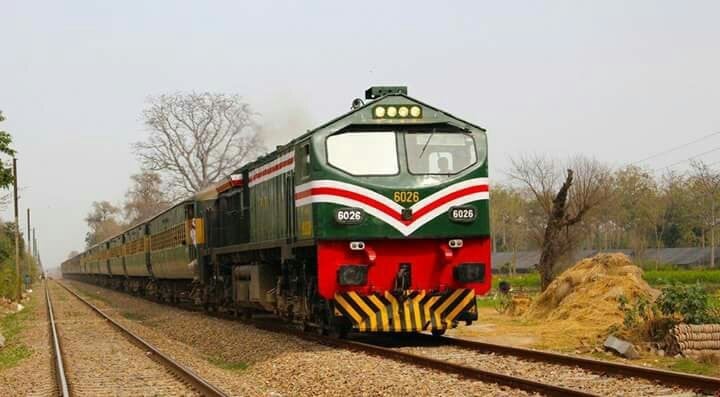
l remember mostly the forgettable, the unromantic train journey in which time hangs heavy and there’s very little of interest going on for long hours

When this paper asked me to write about unforgettable train journeys, my first thought was that they’ve got it - or me - all wrong. I do train journeys because they’re entirely forgettable.
l remember mostly the forgettable, the unromantic train journey in which time hangs heavy and there’s very little of interest going on for long hours. And your mind wanders off the book you’re reading, or wanders back on to it.
The clenched intensity of daily life, the nerve-wracking ordeal of taking planes, sitting upright, with a window on a limitless, empty sky -- in a train journey I want the opposite of that. I want ground with definite lines and objects that I can choose to see without seeing.
A few years ago, it so happened that for love’s sake I had to take the train from destination A to destination B frequently. Because I detest flying and also have no illusions about the comforts of trains, I boarded the train somewhat reluctantly each time.
I know that people wax lyrical about the chance encounter on the train, the sights and sounds, the varied and usually dubious food hawked at passing stations. But the thing that I chiefly remember about these journeys is the sense of entrusting myself to a mode of transport that is by definition unhurried in order to get to a destination that I could barely wait to arrive at.
There was landscape, in variations of trees, depleted rivers, brown canals, fields of crops I could not identify, brick kilns, and heaps of rubbish. There was much to see, but not having to really look at anything is an underrated attraction of the train journey. Like others, I have noted the odd façade of considerable beauty, railway stations painted in quaint hues, the most interesting invariably the smallest ones.
Read also: Trains my love
The little communities that develop along the track near an approaching station become permanently of passing interest to those manning train windows. Their lives may be similar to our own, but we might feel for them the condescension of something that moves for something that stands still.
For a woman passenger, it’s hard to feel a sense of camaraderie with fellow travellers easily. The predominant mood is wariness, of the man who loiters near the toilet with a cigarette, of the woman saying too many prayers, of the mother who thinks another woman surely won’t grudge ceding space to her children. It isn’t easy to get off at stations to casually lounge about. It isn’t easy to say much about yourself. Perhaps women travellers feel this everywhere, in any mode of transport, but the train journey prolongs it, and gives them the chance to negotiate with their own thresholds of suspicion and reticence.
Read also: Editorial
Nevertheless, I have accepted offers of achar and paratha, I heard some stories and told a few of my own.
Do I like doing this, I ask myself on each journey. Is there something else, something unknown, to submitting oneself to this unhurried purposefulness, the slowly accumulating sense of tiredness that envelops the anticipation of arrival, the uneasy company of passengers who still compel your attention when you are primed to sink into inattention? I have no answer.